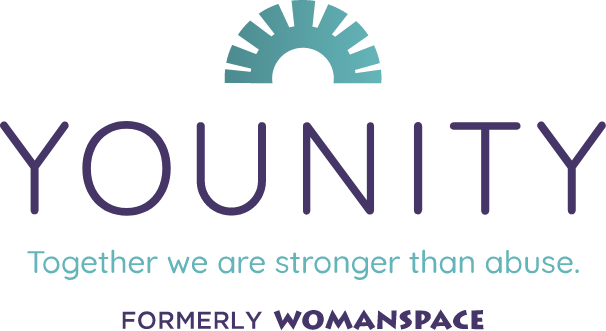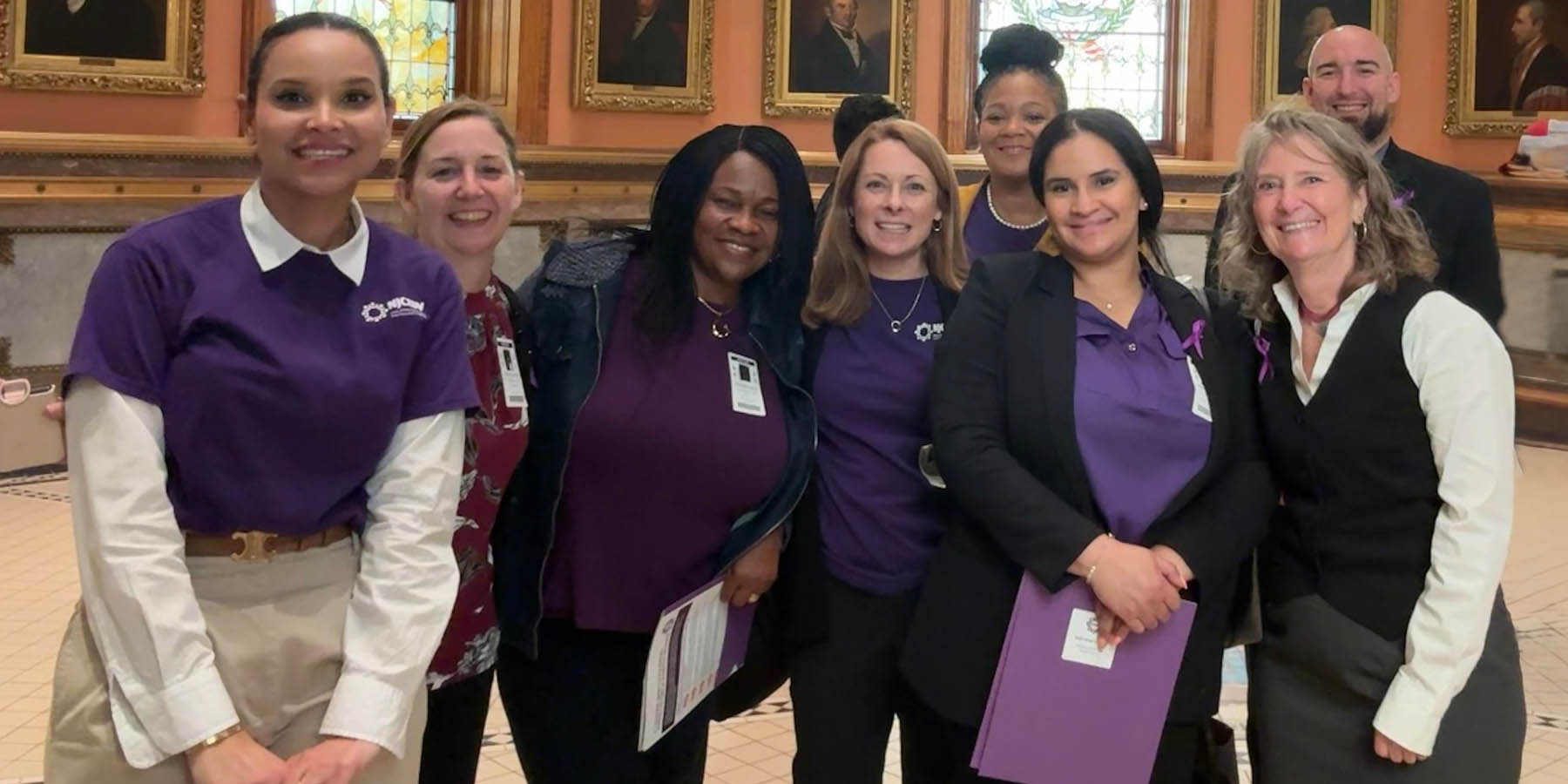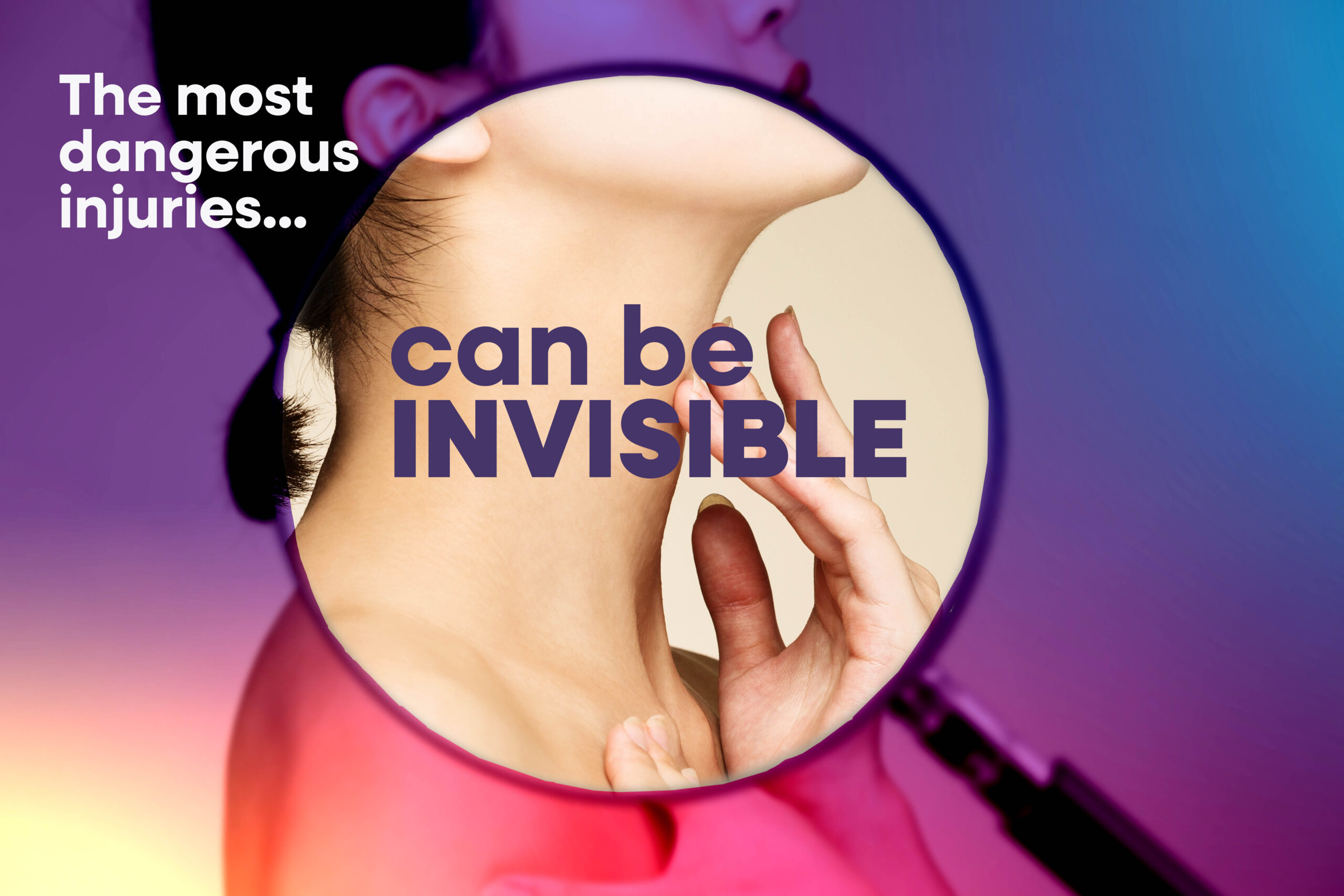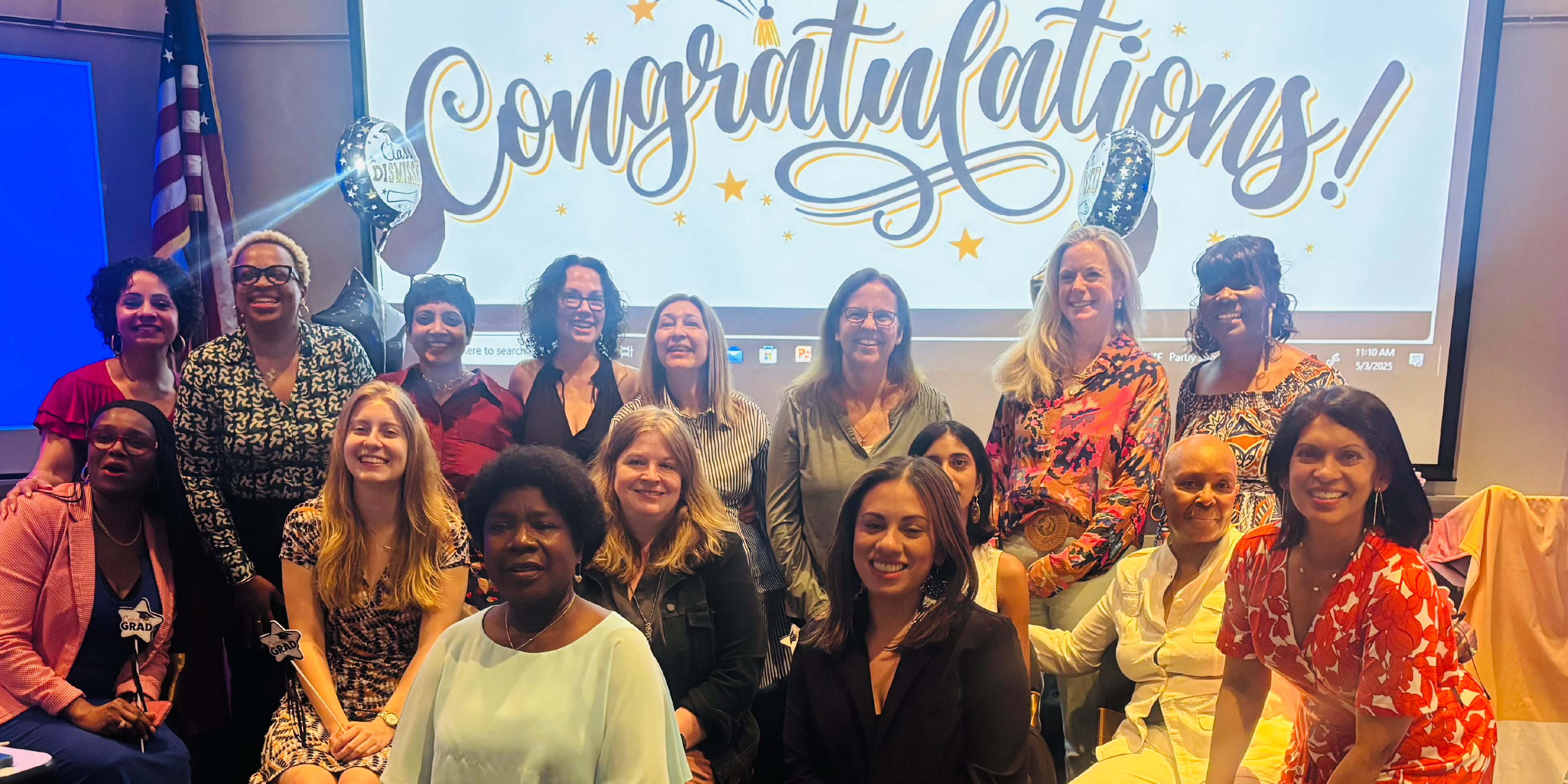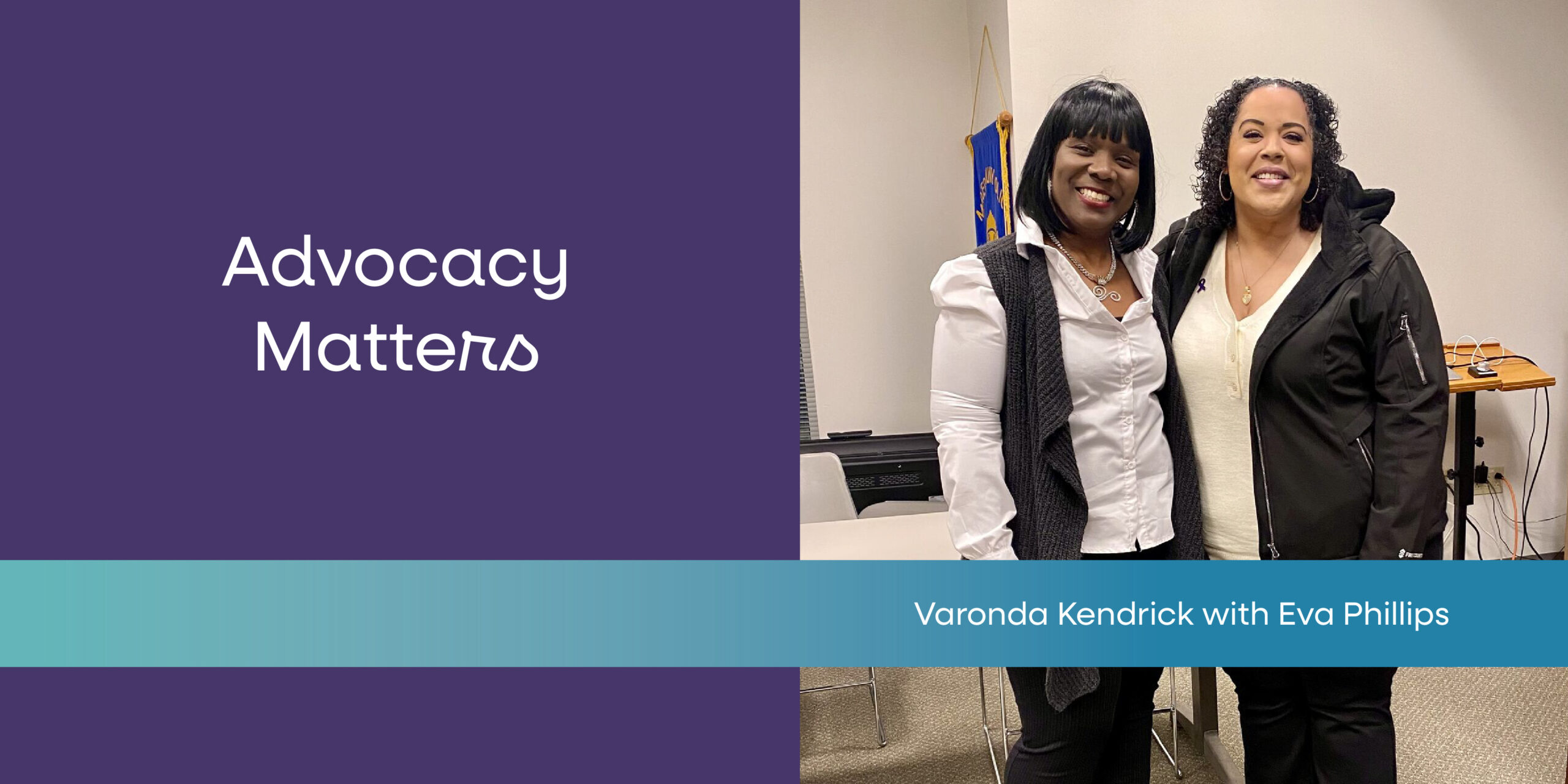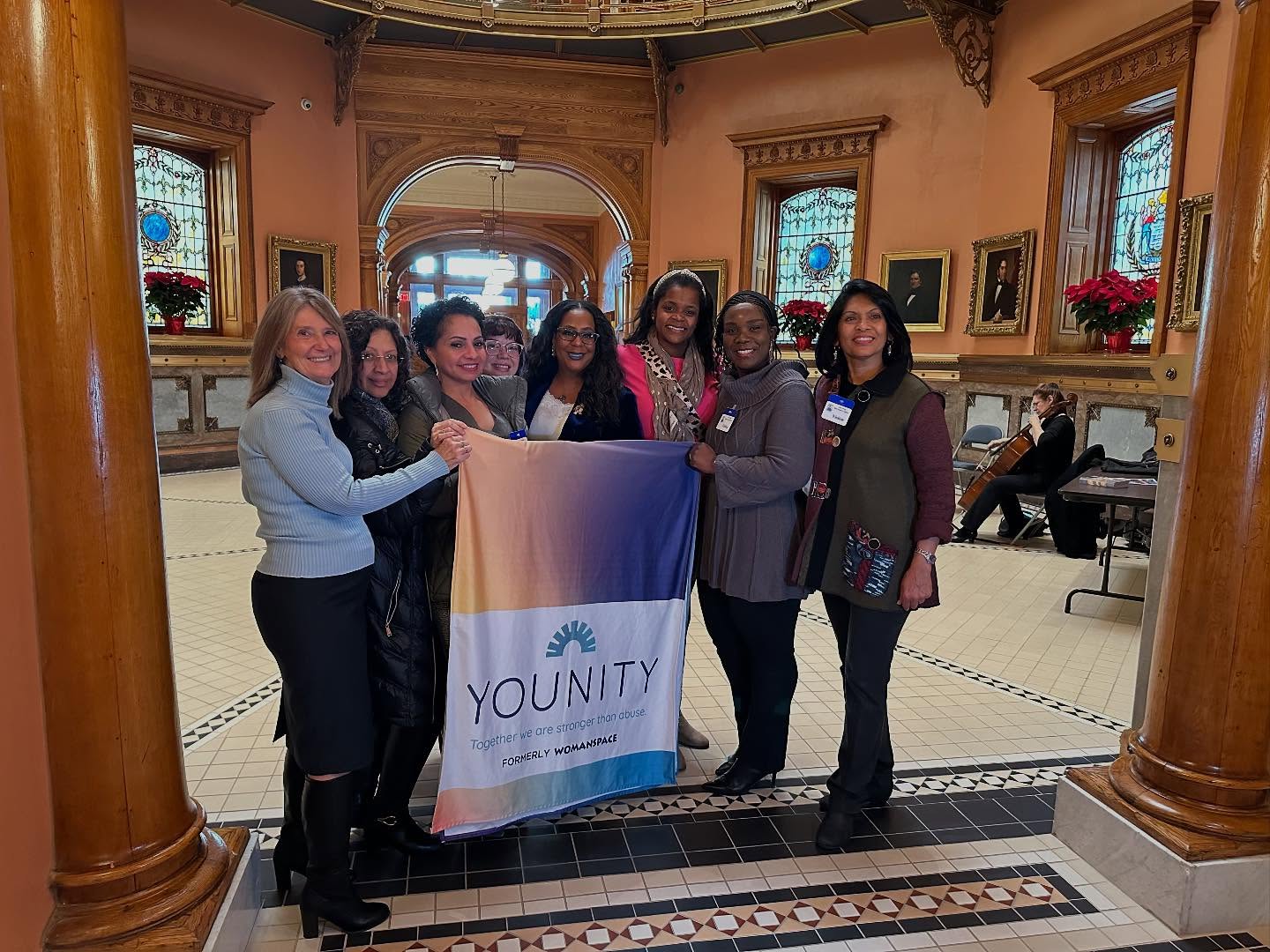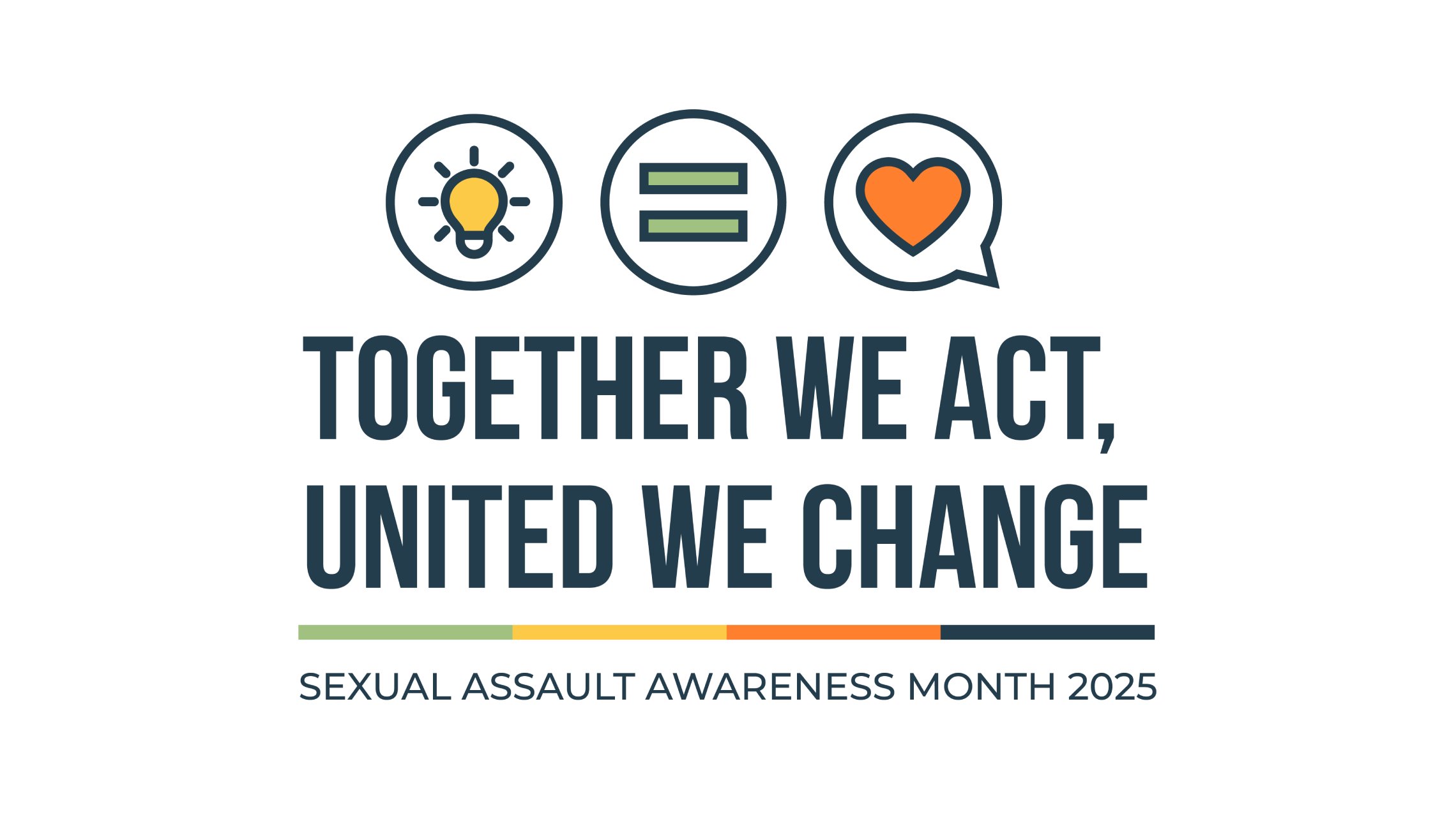When we talk about building a safer future, it doesn’t just happen in shelters, support groups, or courtrooms. Sometimes, it starts with a conversation in a senator’s office.
Last month, Younity joined the New Jersey Coalition to End Domestic Violence (NJCEDV) for Legislative Advocacy Day at the State House. Our goal: secure $7 million in the FY26 state budget to restore and sustain domestic violence services across New Jersey — including emergency shelter, legal advocacy, children’s programming, and culturally responsive care.
To achieve this, advocates pushed for a budget resolution—a critical step in the legislative process that helps prioritize funding across essential services, including those that support responses to and prevention of domestic violence.
What’s a Budget Resolution?
A budget resolution gives a funding request a seat at the table during budget negotiations. It’s a formal way for lawmakers to signal support for a specific need — and while it doesn’t guarantee funding, it ensures the issue is part of the conversation that shapes the final state budget.
In April, state commissioners acknowledged that a mandated 5% budget reduction across departments led to difficult decisions — including a $2.2 million cut from domestic violence support services. This reduction affected programs statewide that provide critical shelter, advocacy, and crisis response for victim-survivors.
The resolution backed by Younity and NJCEDV includes three essential requests:
- Restore the $2.2 million previously allocated in the FY25 budget;
- Increase funding for Domestic Violence Crisis Response Teams by $2 million;
- Sustain life-saving services like shelter, legal advocacy, children’s programming, and culturally specific support, especially as federal funding continues to decline.
These aren’t abstract numbers. They reflect urgent needs we’re seeing right now. At Younity, we experienced a surge in demand for services in 2024 across the board:
- 78% increase in Response Team callouts to police stations and hospitals
- 104% increase in legal advocacy for victim-survivors seeking restraining orders
- 70% increase in family therapy sessions
- 44% increase in counseling for children
- 36% increase in support for sexual assault victim-survivors under the age of 18
Victims often return to unsafe homes simply because there’s nowhere else to go.
Thanks to coordinated advocacy efforts — including outreach from Younity’s Janet Ginest — budget resolutions have now been secured in both the Assembly and Senate.
For Janet, Younity’s VP of Transitional Housing, the experience was deeply personal.
“I’ve been with Younity for nearly two decades, but my connection to this work goes back even further,” she shared. “I started as a volunteer in 1998 on one of the first Domestic Violence Response Teams in East Windsor. Over the years, I’ve worked in many different roles — and throughout it all, what’s never changed is the privilege of walking alongside survivors as they reclaim their lives. It’s an honor I never take for granted.”
This year’s Advocacy Day also reinforced the importance of legislative work — and how deeply policy decisions shape survivors’ lives.
“Legislative advocacy is where real change begins,” Janet said. “This is where we get to influence the system so it works better for our clients. Every conversation, every email — it all adds up. Advocacy isn’t just about policy; it’s about people.”
Janet met with Senators Linda Greenstein and Andrew Zwicker, both of whom responded not only with encouragement but also with action. Senator Greenstein offered to sponsor the resolution herself, while Senator Zwicker’s office followed up with direct guidance to ensure it was submitted correctly and on time.
“I thought I was just going to deliver a flyer and hope for a handshake,” Janet said. “Instead, I left with a crash course in the legislative process, two champions in our corner, and a renewed sense of how change really happens — one conversation, one connection at a time.”
Recent legislative wins underscore what’s possible when policy and advocacy align: the creation of a statewide rape kit tracking system (S715/A908), recognition of coercive control in court (S1809/A1475), and guaranteed language access for restraining orders (A1704/S1000). Each of these laws makes safety more accessible — and justice more achievable — for victim-survivors across New Jersey.
Janet also underscored one area that still needs urgent reform:
“Too many survivors fall through the cracks — earning just above the threshold for free legal aid, but nowhere near enough to afford a private attorney,” she explained. “When you’re facing restraining orders, divorce, or child custody without legal representation, the system isn’t just hard. It’s heartbreaking.”
How You Can Help
As the FY26 budget moves into final negotiations, we encourage our community to stay engaged.
Here’s how you can take action:
- Find your legislators: Visit www.njleg.state.nj.us and enter your address to find your representatives in the New Jersey Senate and Assembly.
- Call or email: Ask them to support the domestic violence budget resolution sponsored by Assemblywoman Lopez (Assembly Resolution #705) and Senator Ruiz (Senate Resolution #1040).
- Speak from the heart: Let them know why these services matter. Ask them to support the full $7 million request and stand with survivors across New Jersey.
Your voice matters. Every email, every call helps bring safety, healing, and justice within reach.
Together, we are stronger than abuse.
